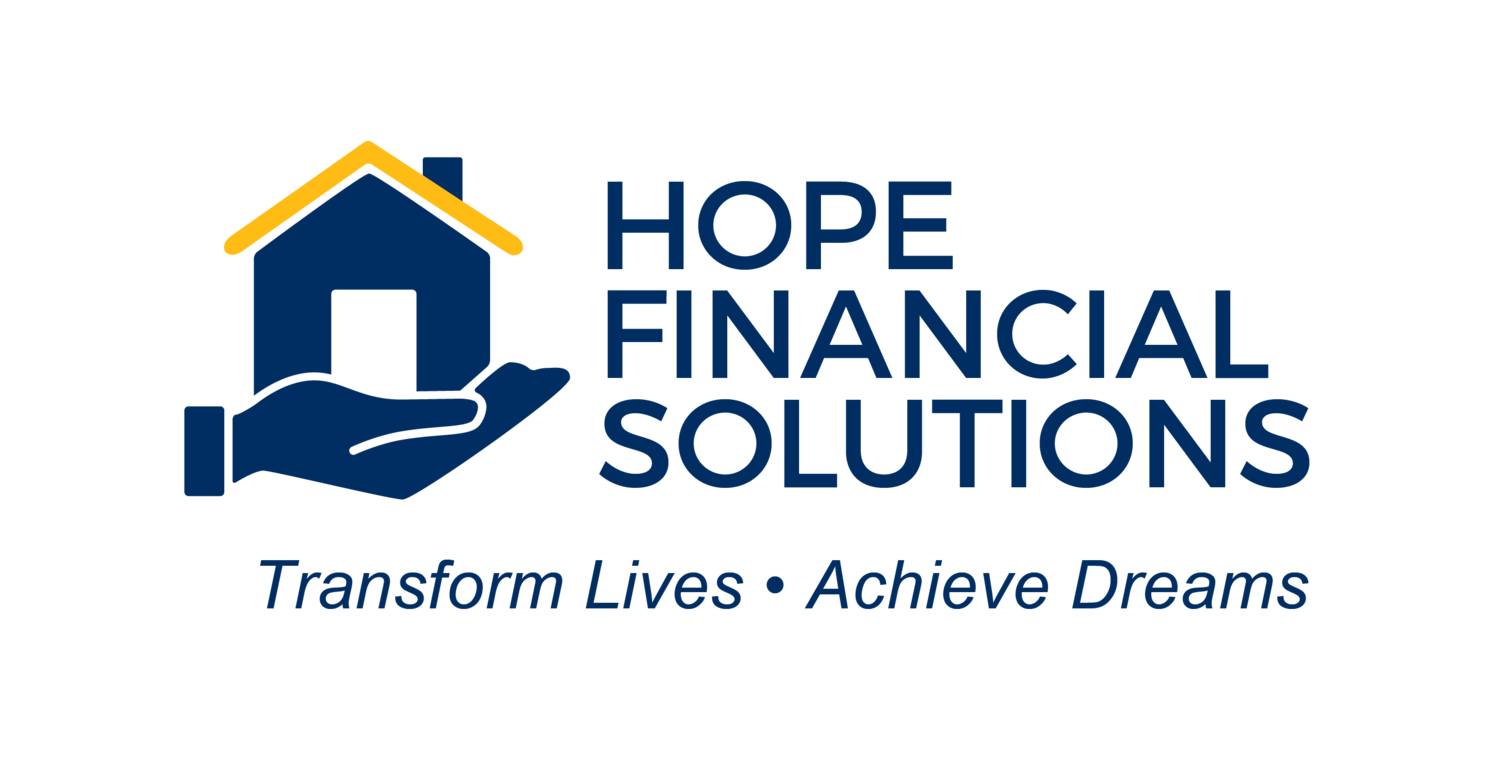FAQs
What is a Financial Coach?
A financial coach is there to guide their client, providing support and guidance with personal financial management, creating a budget, and many other tasks (including retirement planning, goal setting etc). The primary focus of a financial coach is instilling good habits and practices in managing money to their clients. A financial advisor (or planner) is focused moreso on specific investment decisions as you build wealth. As a coach, I can help you navigate registered accounts (TFSAs, RRSPS, etc) and how to use them most advantageously, but will never recommend specific investment products. As a financial coach, I operate independently with my main interest being to help you - not to sell a specific product or item!
Why do you charge a fee when your clients are in need?
As a financial coach, I provide a service (helping to teach clients how to manage their finances better). As with any service, a fee is required for the time invested. Charging a fee also helps to ensure the client is committed to the process, and ultimately a change in behaviour is achieved. Given that the fee charged is only a one-time amount, and the improved financial management practices and achieved goals last a lifetime, the return on the fee is substantial for the client.
“Give a Man a Fish, and You Feed Him for a Day. Teach a Man To Fish, and You Feed Him for a Lifetime”
What does a typical session look like?
Sessions are tailored specifically to client needs, but in general here are the different types of sessions offered:
- Free Consultation (30min) - Initial meetup to get to know each other, and for the coach to assess if they are a good fit for the client, providing useful help.
- Initial Session (1.5hrs) - If its decided that the client would like to continue working with the coach after the consultation, a paid session is then booked. This session typically would be focused on setting and reviewing the budget and personal (or business) financial snapshot.
- Ongoing Sessions (1hr) - These sessions typically vary more widely. They can cover a variety of topics from monitoring the budget which was set previously, to working on goals such as buying a first home, wealth building for retirement, or educational sessions such as ensuring registered accounts (TFSA, RRSP, RESP) are used appropriately.
